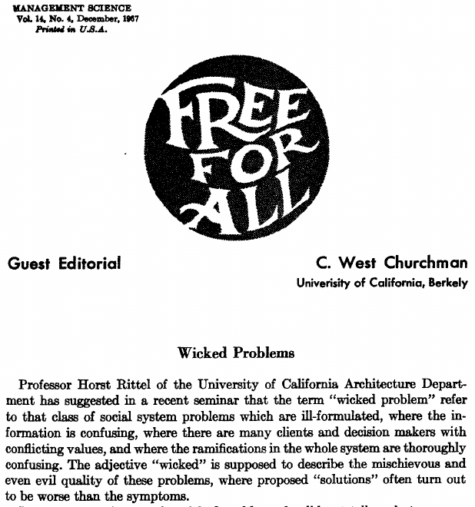One of the aims of the Systems Changes research program is to build on the pattern language approach. This body of work stretches back into the 1960s, and has been cross-appropriated from built environments to software development (e.g. agile methods) and organizational change. The February 2019 meeting of Systems Thinking Ontario was an opportunity to bring some people not familiar with the territory up to speed.
Here is the abstract for the talk:
… Read more (in a new tab)The 1977 book, A Pattern Language: Towns, Buildings, Construction is prominent in public library collections around the world. It represents, however, only one stage of the many works by Christopher Alexander, from his first book published in 1964, to his final book released in 2012. In addition multiple international conferences continue his legacy, in architecture and urban design (PUARL, for 10 years), in software development (PLoP, for 25 years), and in social change (PURPLSOC, for 5 years). Alexander was a builder of environment structure — an architect — and other communities have aspired to adopt the approach that he championed.
This Systems Thinking Ontario session will review pattern languages in three parts:
- The Eishin School project (1985, published as a book in 2012);
- Multi-Service Centers (1968); and
- Beyond Built Environments, cross-appropriating the approach from architecture to other domains.
The pursuit of “systems generating systems” at the foundation of Christopher Alexander’s pattern language has generally not been appreciated, and deserves a deeper inquiry.



